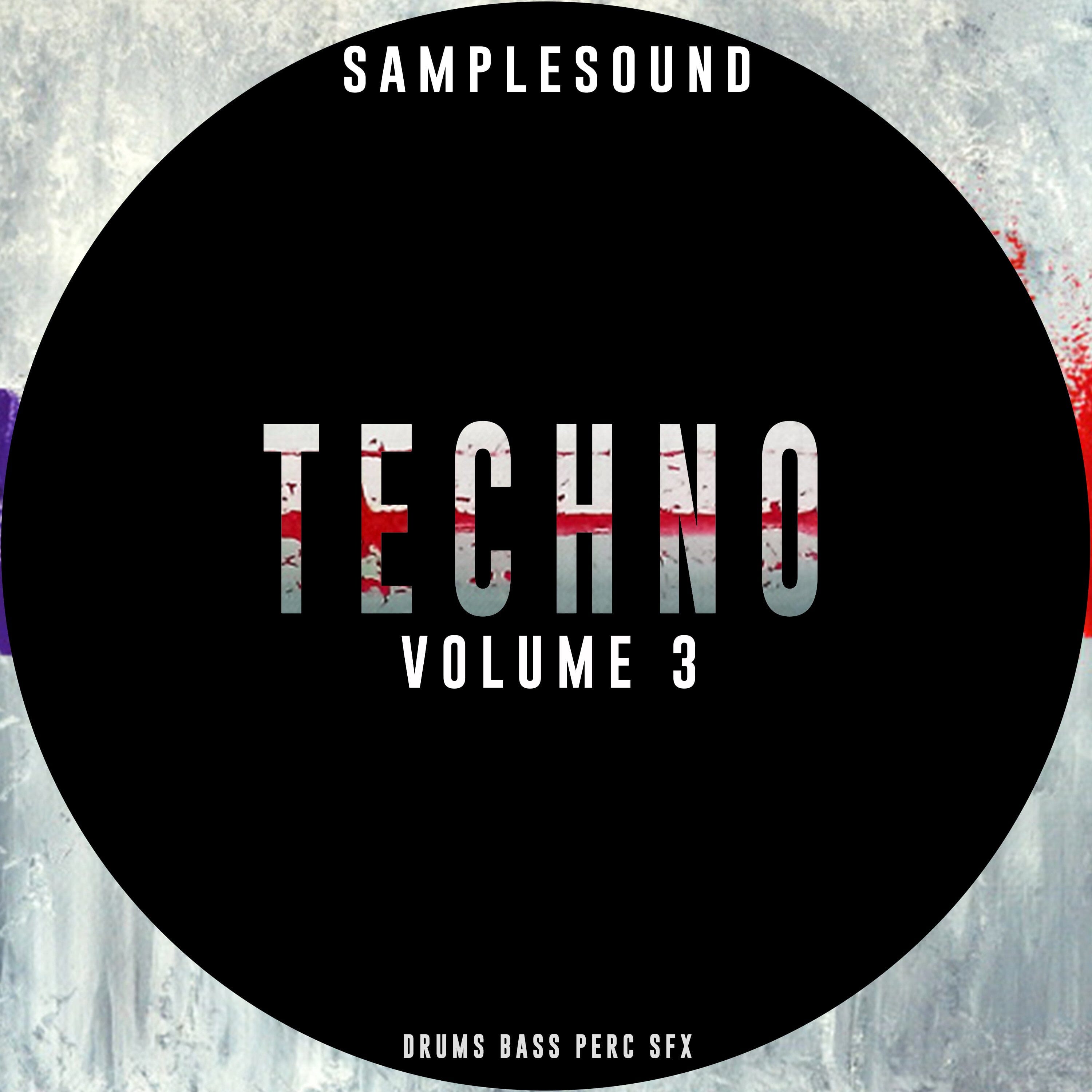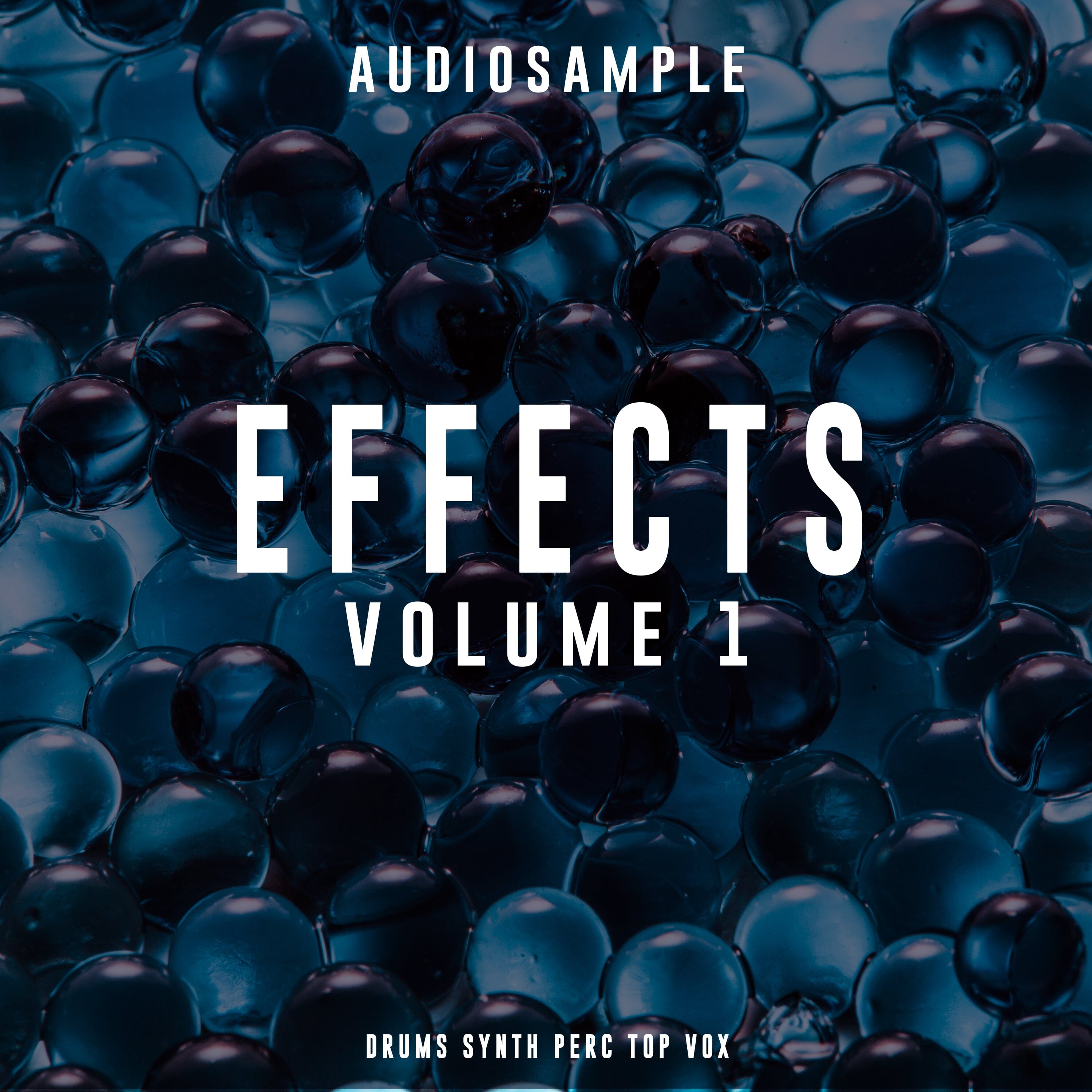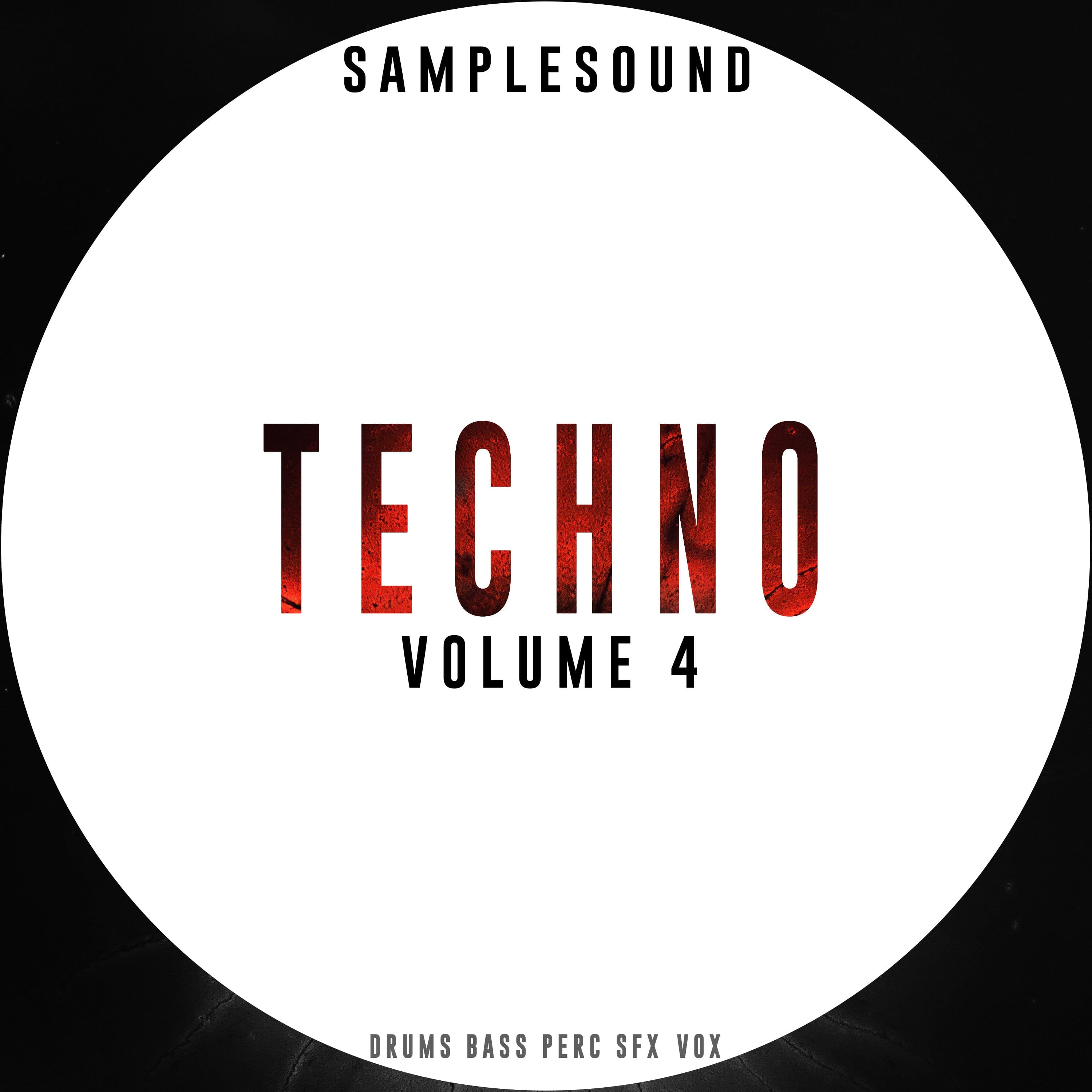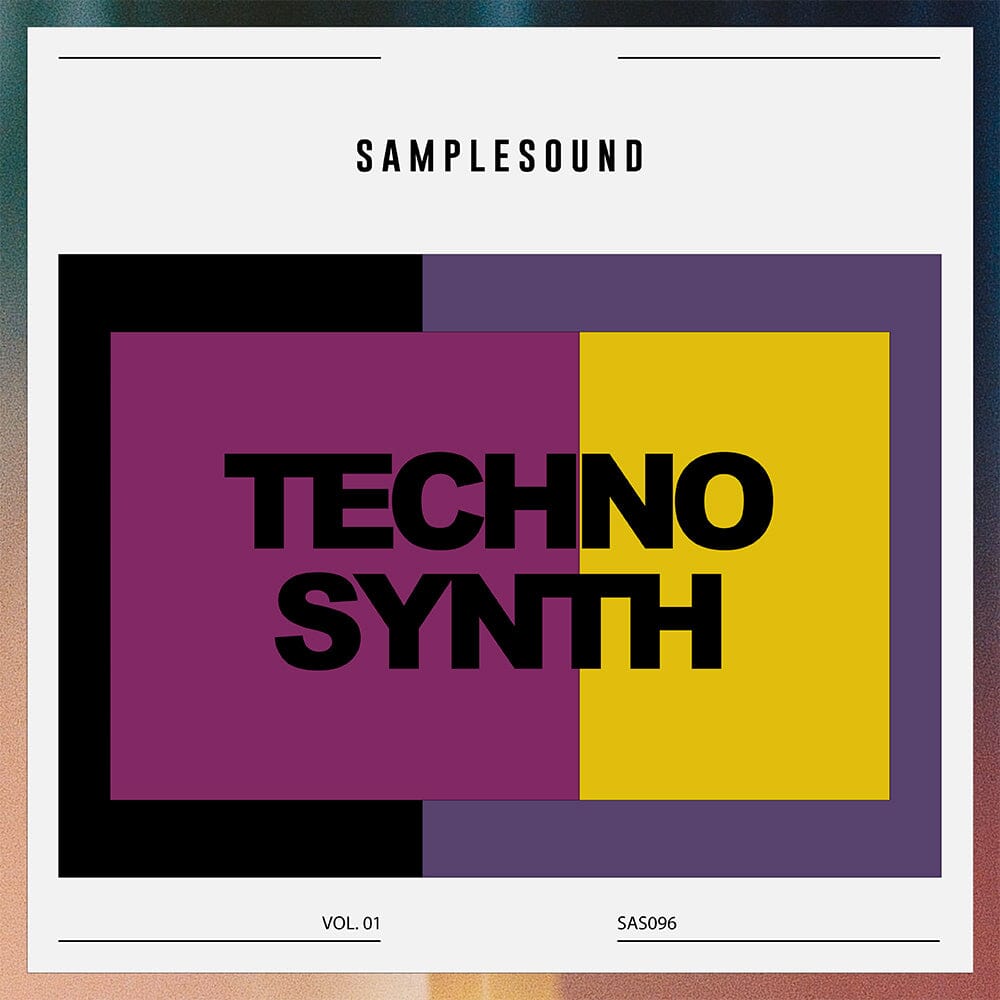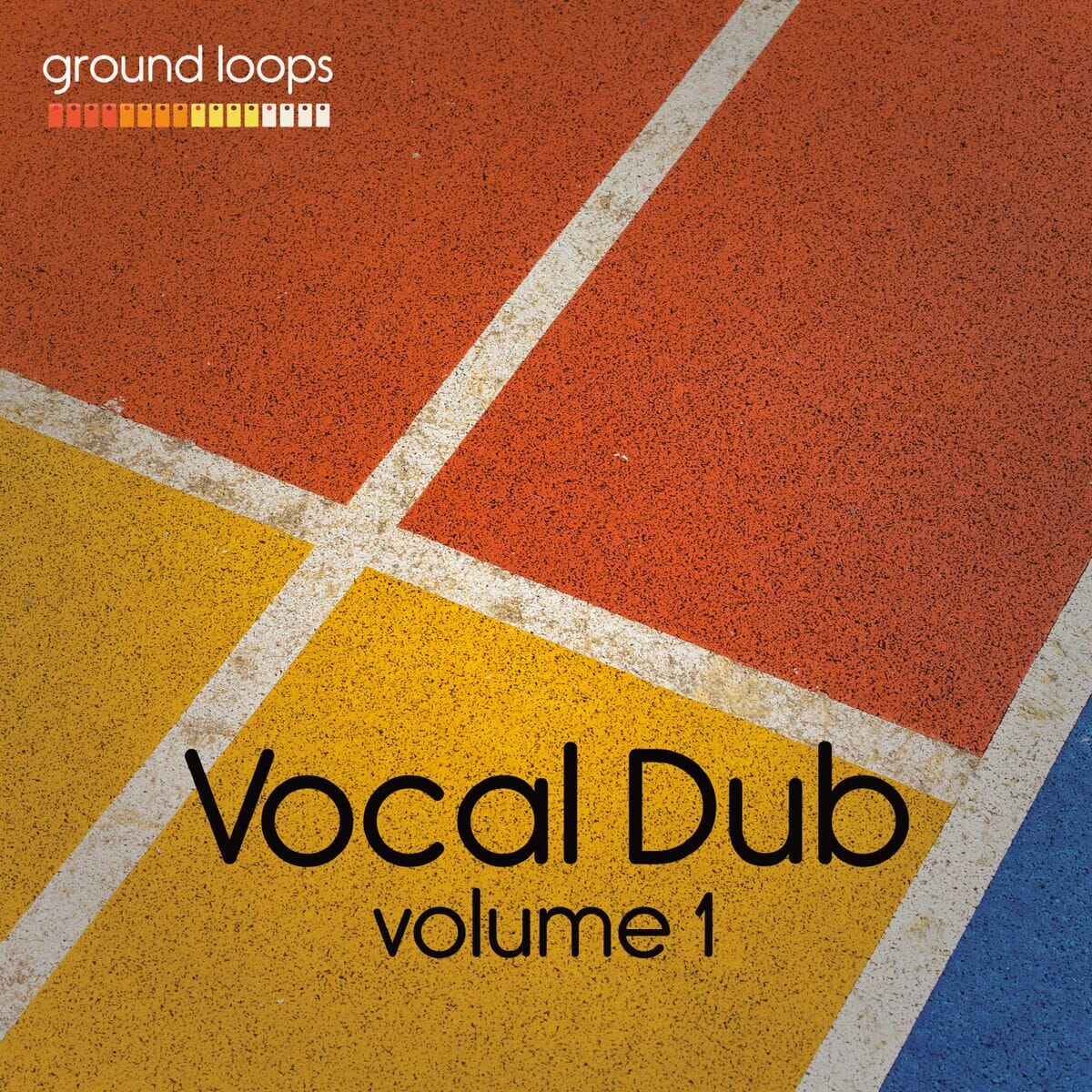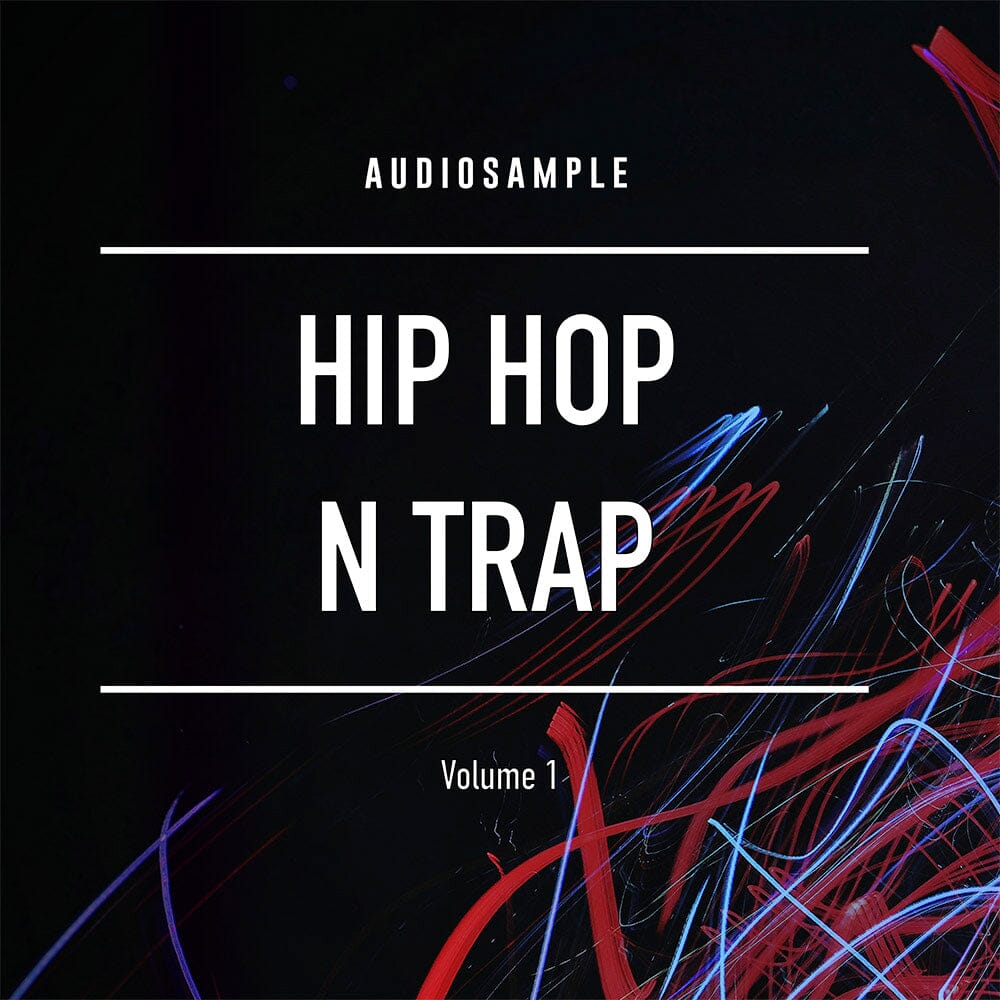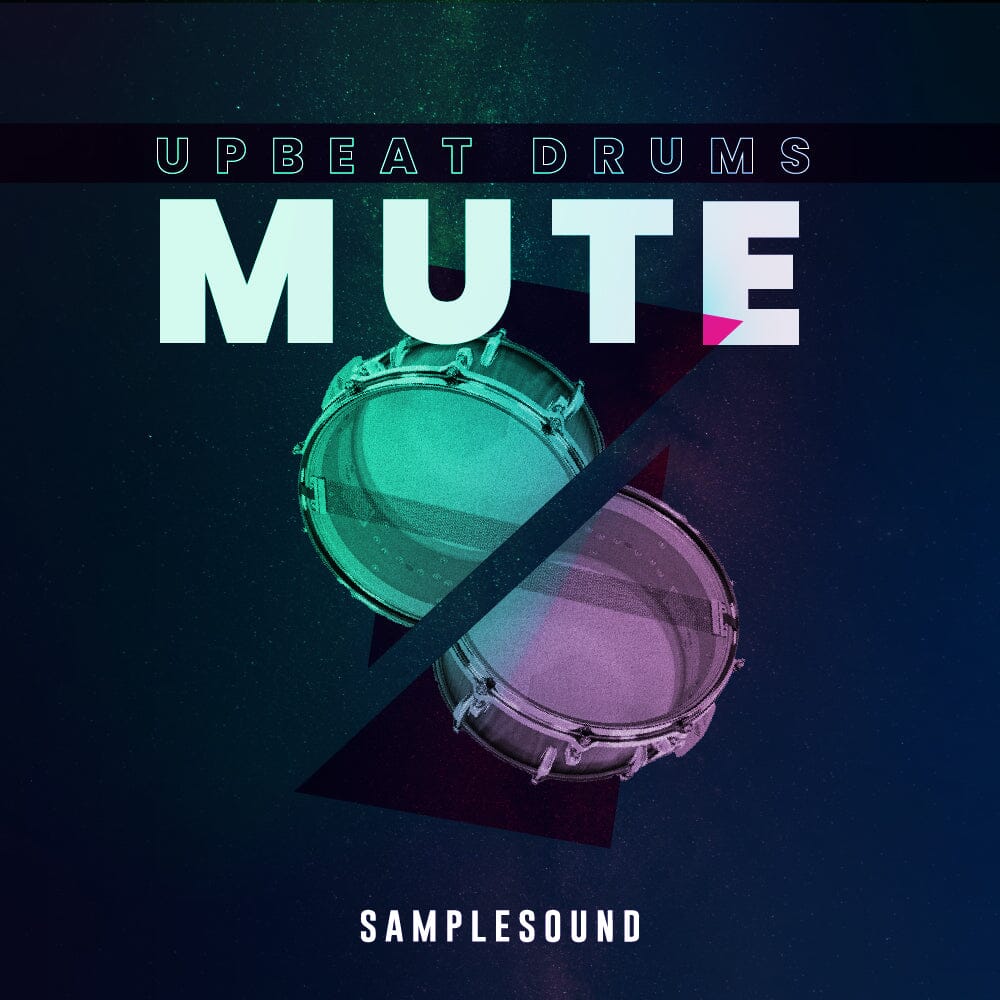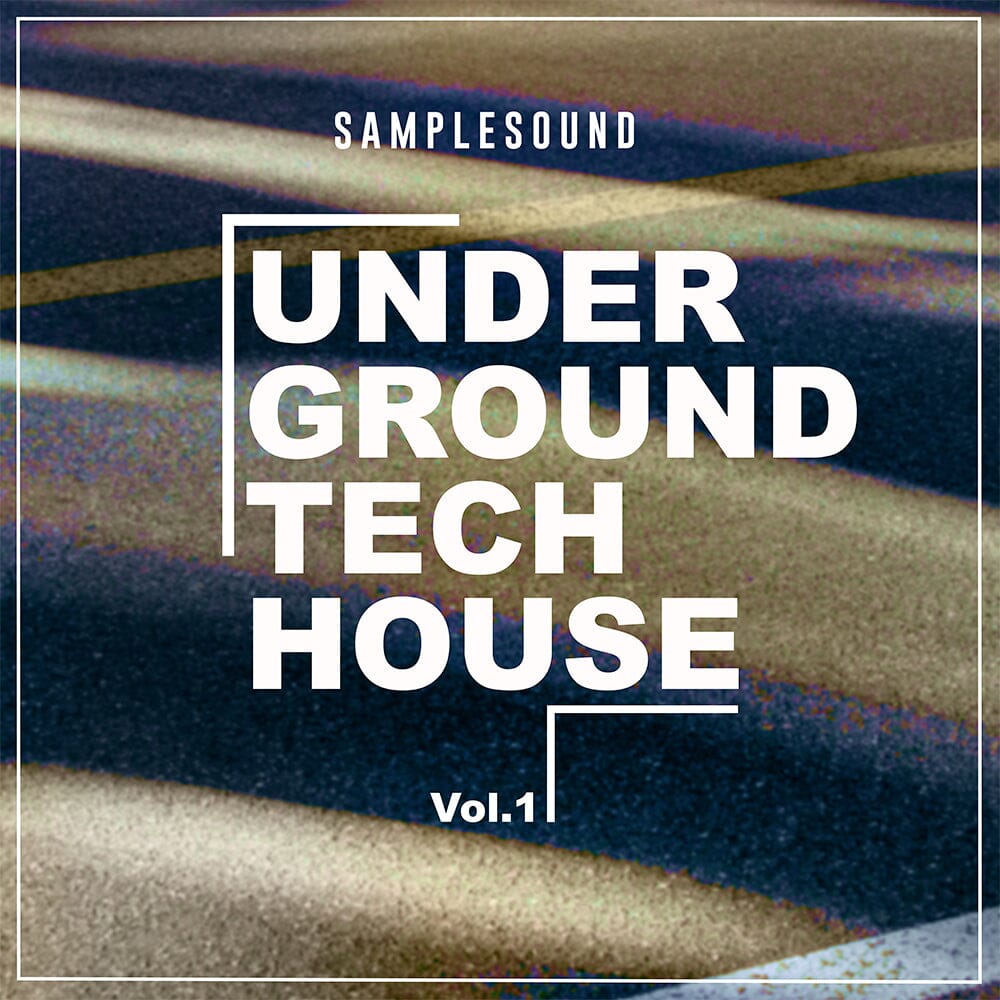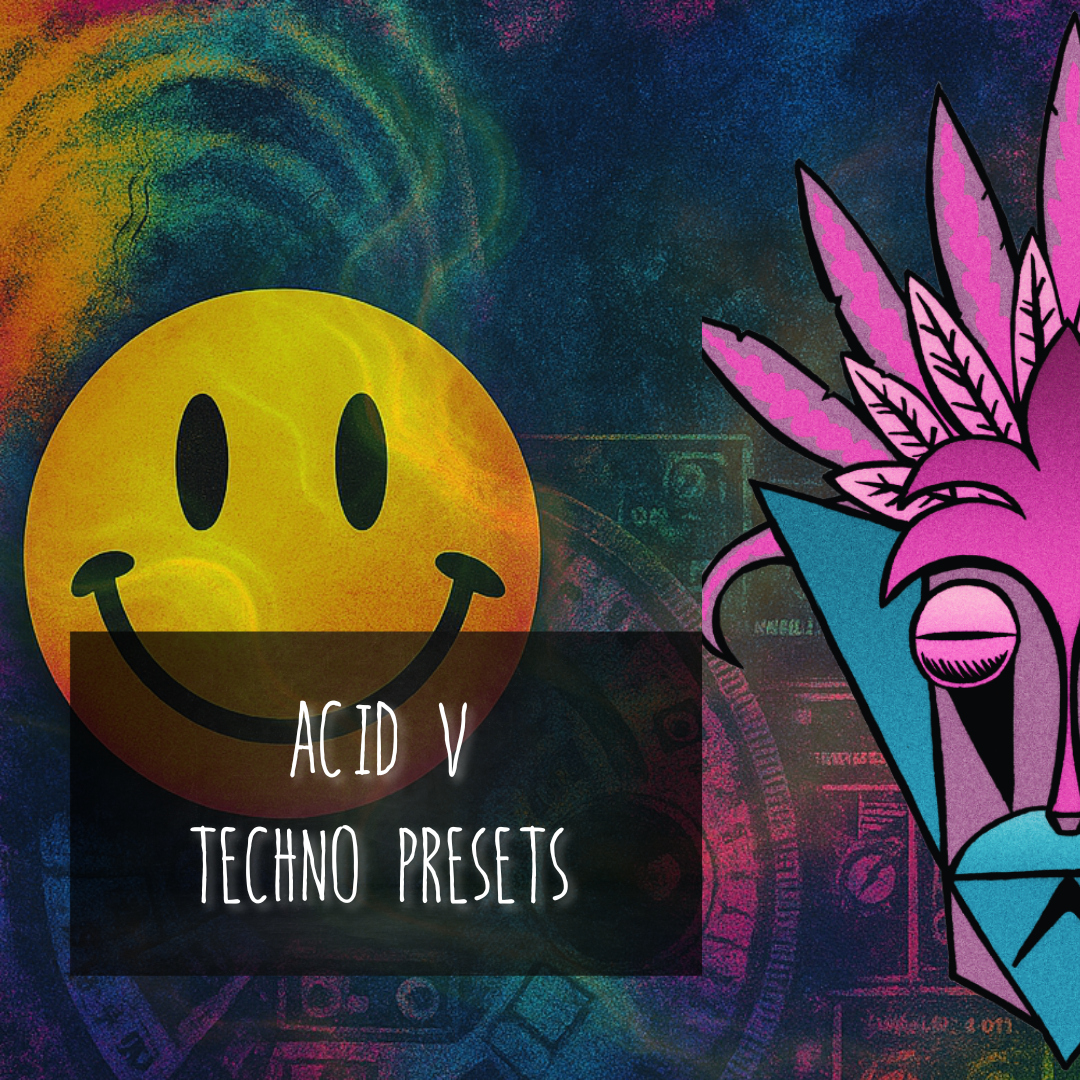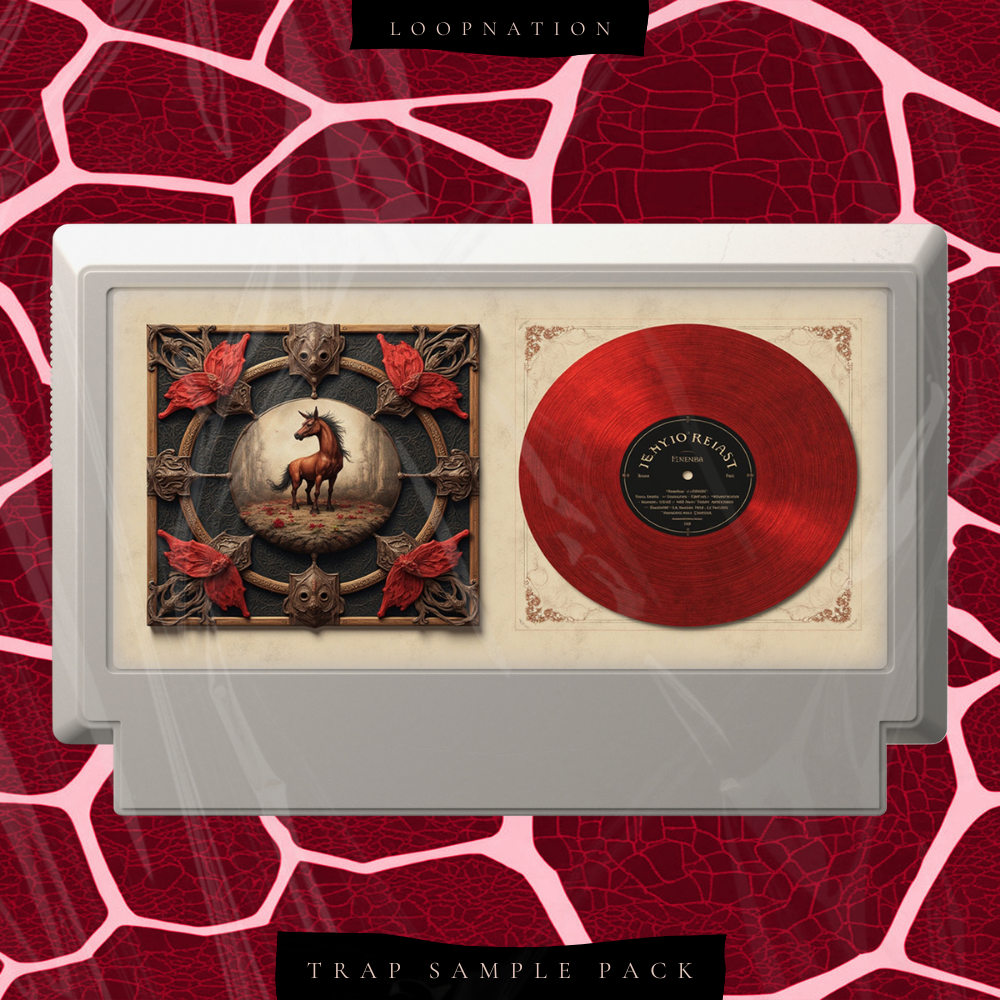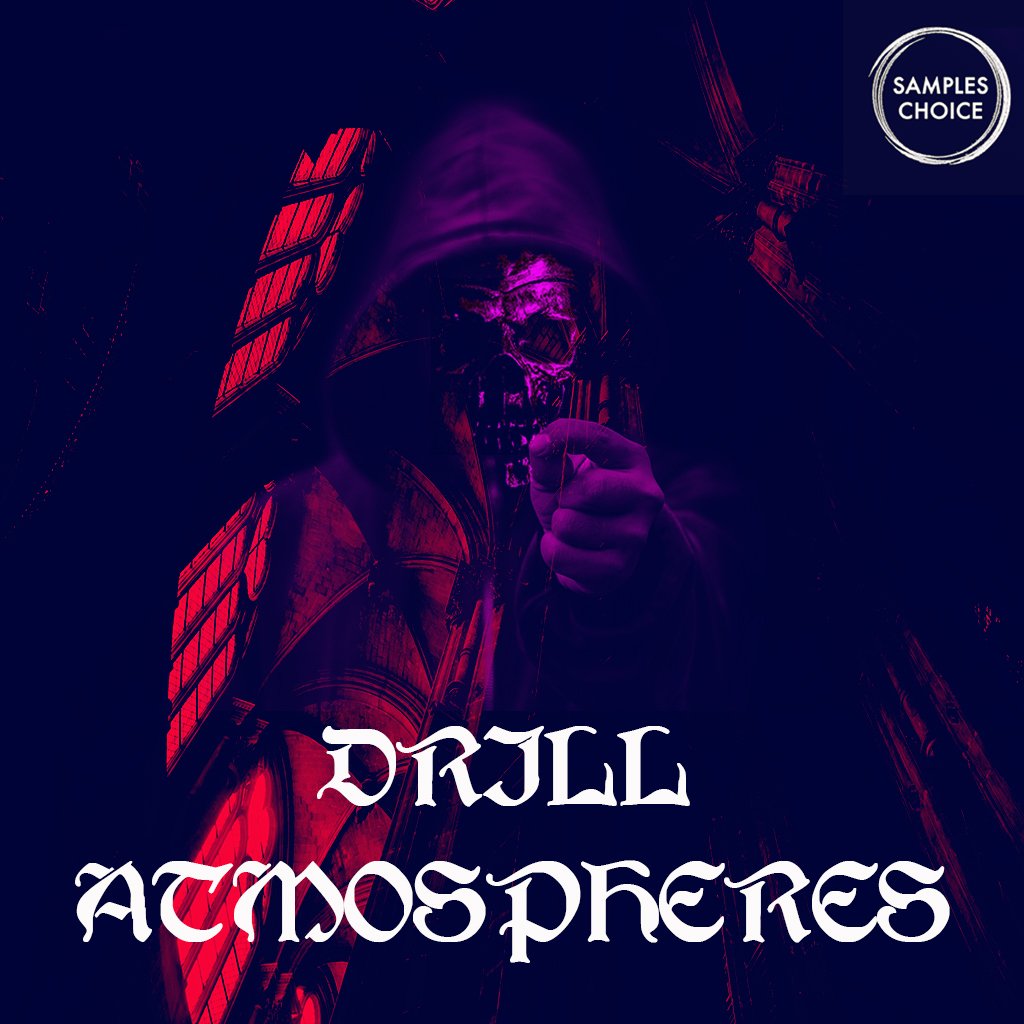Releasing Music Independently
Self release music is the process where artists distribute their tracks without the backing of a traditional record label.
More musicians are choosing this path to maintain full control over their creative output and career direction. With advances in technology and a growing ecosystem of digital platforms, independent artists now enjoy unprecedented opportunities to thrive and build a sustainable music career on their own terms.

Benefits of Self-Releasing Your First Track
Taking charge of your own music release offers several benefits:
- Creative Freedom: You decide the sound, artwork, and promotional strategy without external interference.
- Higher Revenue Share: By cutting out the middleman, you retain a larger portion of the royalties and sales income.
- Direct Fan Engagement: Self release music allows you to build authentic connections with your audience, fostering loyal support.
Preparing Your Track for Release
Before your self release music can go live, you need to ensure everything is in optimal shape:
- Finalizing the Master: The final mastered version should be polished and radio-ready.
- Quality Production: Double-check your mix and arrangement to ensure professional quality.
- Rights and Clearances: Secure all necessary licenses for samples, collaborators’ contributions, and publishing rights.
If you’re looking to enhance your production, explore high-quality sample packs and plugins available at Sample Sound Music.
Building Your Music Career Foundation
Launching a music career independently requires more than just great tracks. Establish a solid foundation by focusing on:
- Branding: Develop a unique image and story that resonates with your target audience.
- Defining Your Target Audience: Understand who listens to your music to tailor your marketing efforts effectively.
- Setting Realistic Goals: Outline short- and long-term targets to keep your career on track.
Choosing the Right Distribution Platform
Your distribution choice will impact your track’s reach and revenue.
Consider platforms that facilitate easy self release music distribution, offer affordable pricing, and maximize global reach. Many independent artists find digital distributors like TuneCore, DistroKid, or CD Baby ideal for releasing music directly to Spotify, Apple Music, and other streaming services. Careful selection will ensure your music is available wherever your fans listen.

Creating an Effective Release Strategy
Planning your release timeline is crucial to maximizing impact. A typical strategy includes:
- Pre-release Promotion: Tease your track on social media, share snippets, or create countdowns.
- Release Day Activities: Engage fans through live streams, release parties, or exclusive content.
- Post-Release Follow-up: Continue promotion with music videos, remixes, or behind-the-scenes content.
Marketing Your Track Without a Label
Independent marketing requires resourcefulness and consistency:
- Leverage Social Media: Use platforms like Instagram, TikTok, and Twitter to reach and interact with your audience.
- Build an Email List: Direct email communication helps maintain fan relationships and announce new releases.
- Collaborate with Influencers: Partner with content creators to expand your reach and gain credibility.
Leveraging Streaming Platforms to Grow Your Audience
Streaming platforms like Spotify and Apple Music are essential for modern self release music strategies. To optimize your presence:
- Create engaging artist profiles with compelling bios and visuals.
- Submit your music to playlists and encourage fans to add your tracks.
- Analyze platform analytics to understand listener habits and tailor future releases.
Monetizing Your Music and Building a Revenue Stream
As an independent artist, multiple revenue streams can sustain your music career, including:
- Streaming Royalties: Earnings from plays on platforms like Spotify, Apple Music, and YouTube.
- Merchandise Sales: Create branded merchandise to sell directly to fans.
- Live Performances: Generate income through gigs, festivals, and virtual concerts.
- Sync Licensing: License your music for commercials, films, or video games to expand exposure and revenue.
Common Challenges in a Self Release Music Career and How to Overcome Them
Independent artists often face hurdles such as limited exposure, funding difficulties, and managing all aspects of their career. Useful tactics to overcome these include:
- Networking actively within the music community for collaborations and support.
- Utilizing affordable tools and resources to optimize production and promotion, like the sound packs available at Artist Series Collection.
- Maintaining discipline in your release schedule and marketing efforts.
Taking Control of Your Music Career
Releasing your first track independently is a powerful step toward full creative ownership and building a sustainable music career. By embracing the advantages of self release music and equipping yourself with the right tools and strategies, you can confidently chart your own path in the music industry.
FAQ
What is self release music?
Self release music refers to artists independently distributing and promoting their music without partnering with a record label.
How do I choose the best distribution platform?
Consider factors like cost, ease of use, global reach, and the platforms they distribute to when selecting a distribution service.
Can I make money without a label?
Yes. Independent artists earn income through streaming royalties, merchandise, live shows, and licensing opportunities.
What tools can help improve my music production?
High-quality sample packs, software plugins, and virtual instruments, such as those found in Sample Sound Music’s plugin collection, can significantly enhance your production quality.
How do I market my music without a label?
Leverage social media, build an email list, collaborate with influencers, and engage directly with your fans to promote your music effectively.



